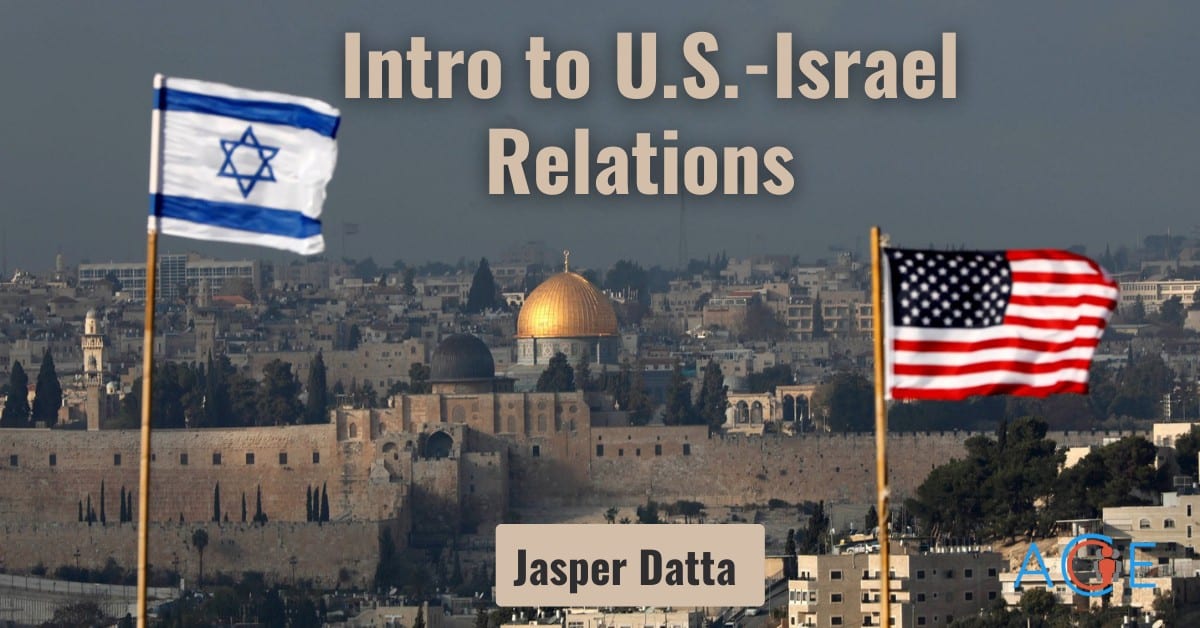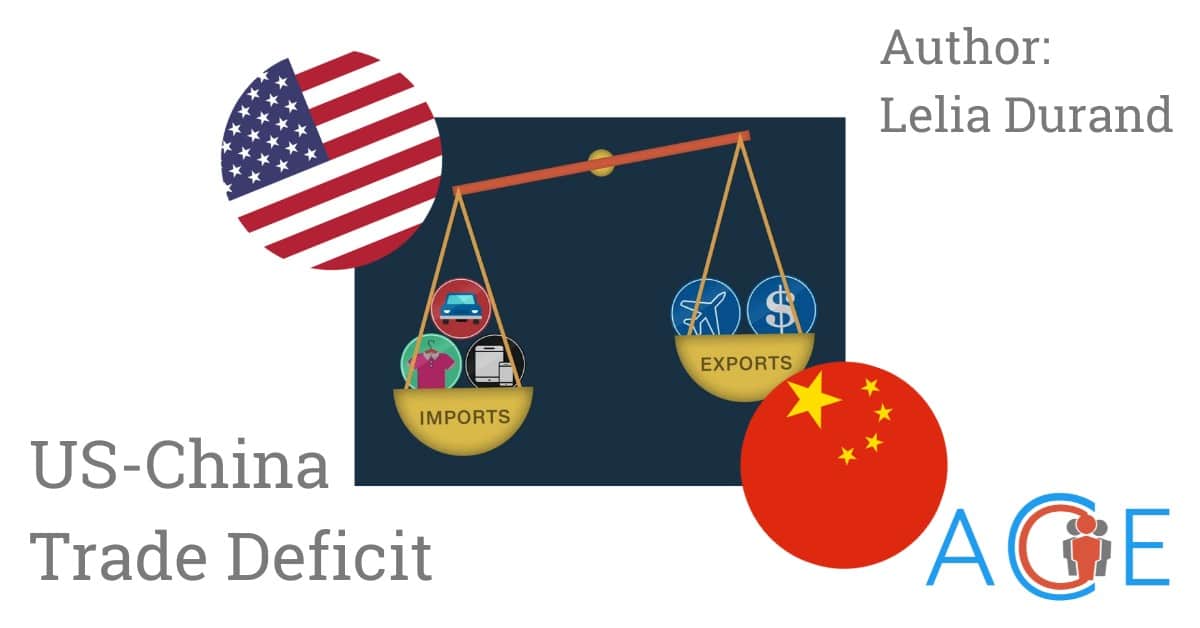Fact Sheet
A small country in terms of landmass, Israel spans 21,937 sq km in the Middle East, bordered by Egypt, Jordan, Syria, and Lebanon. It stands as one of America’s robust economic allies, boasting a 2021 GDP of $488.5 billion and a 6.5% growth rate in 2022. With a population exceeding nine million, Israel is highly diverse, with 74% Jewish, 21.1% Arab, and 4.9% representing other cultures. In terms of religion, it comprises 74% Jewish, 18% Muslim, 2% Christian, and 1.5% Druze, while the remaining 4.5% adhere to other religions.
The United States and Israel share a robust economic relationship, with a trade value of $47.0 billion in 2019. Israeli exports to the U.S. comprised $26.9 billion, and U.S. exports to Israel were $20.2 billion. Key traded goods include pharmaceuticals, technology, and raw minerals. Additionally, the U.S. provides substantial military and development aid to Israel, sending over $3.8 billion in assistance to the Israeli government in 2020.
History of Israel-US relations
Since its inception on May 14th, 1948, the United States has maintained a steadfast relationship with Israel. The U.S. was the first nation to recognize Israel’s sovereignty upon its declaration of statehood. Although initial hesitation existed, particularly after World War II, due to concerns about a Middle Eastern arms race, the U.S. eventually deepened its military ties with Israel, especially as the USSR militarized Arab states. This marked the beginning of a longstanding military alliance. U.S. military aid played a crucial role in Israel’s conflicts, including the 1973 Yom Kippur War. Beyond the military sphere, Israel’s advanced technology and trade sectors have solidified its position as a vital trade ally. The U.S. also values Israel as the only democracy in the Middle East, considering it a bastion of democracy and a close ally.
The U.S.-Israel relationship plays a crucial role in mediating the Israel-Palestine conflict, stemming from the UN’s adoption of Resolution 181, which partitioned Palestine in 1947. Territorial disputes escalated after the 1948 Arab–Israeli War and the 1967 conflict, leading to the occupation of disputed territories by Israel. The U.S., while broadly supporting Israel, has opposed the full absorption of disputed land. It has actively pursued diplomatic solutions, leading diplomatic efforts after the 1967 and 1973 wars. Through the United Nations Security Council, the United States was a key player in passing Resolutions 497 (1981), Security Council Resolutions 252 (1968); 267 (1969); 298 (1971); 446 (1979); 445 (1979), all of which condemned Israel’s territorial expansion. Moreover, the U.S. has been a leading actor in brokering compromises, hosting the 1978 and 2000 Camp David accords. The overall commitment remains to a “two-state solution,” advocating for a fair division of land between Israel and Palestine for peaceful coexistence.
Modern U.S.-Israel Relations
In the modern era, the U.S.-Israel relationship has grown more complex. Critics within the United States argue that America’s defense aid to Israel contradicts its goals for Israel-Palestine, as U.S. weapons may be used against Palestinians. Despite this, military cooperation, particularly in cyberwarfare, information, and technology, has deepened. Israel’s democracy has faced challenges, with Prime Minister Benjamin Netanyahu’s government adopting increasingly conservative views, leading to a weakening of the judiciary, reduced human rights, and restricted freedom of speech. Recent spikes in Israeli-Palestinian violence have heightened regional unrest. Consequently, recent meetings between U.S. officials like Secretary of State Blinken and President Biden and Israel have centered on democracy promotion and regional de-escalation, reflecting strains in the U.S.-Israeli relationship.
In a controversial foreign policy move in 2018, the United States, under the Trump administration, relocated its embassy from Tel-Aviv to Jerusalem and officially recognized Jerusalem as the capital of Israel. This decision sparked controversy as the international community considers East Jerusalem as occupied territory, and Palestinians aspire to have it as their capital. Critics argue that recognizing Jerusalem as Israel’s capital undermines peace processes, while proponents contend that it supports Israel’s claim to Jerusalem as its capital.
Shared Israel-US Interests
Historically, the United States and Israel share a commitment to common values and goals, rooted in their democratic principles. This alignment forms the basis of their strong relationship, evident in the significant aid, trade, and support that Israel receives from America. This mutual understanding is crucial for both nations.
In terms of U.S. strategic interests in the Middle East, supporting Israel serves multiple purposes. Elevating Israel as a geopolitical power provides the U.S. with a democratic ally to promote its values in an unstable region. Israel’s status as a nuclear power also aligns with U.S. security interests, leading to a shared commitment to safeguarding Israel’s capabilities. Some liberal politicians find affinity with Israel’s historically progressive politics, although this sentiment has waned in recent years. Moreover, Israel’s advanced cyber defense technology and strong economy contribute to a symbiotic relationship, allowing the U.S. to leverage mutual economic growth through this partnership.




